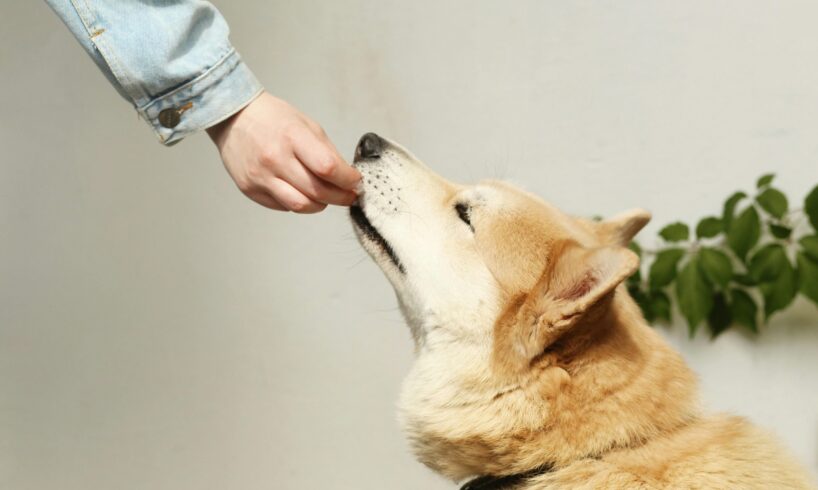
Canada’s public health agency says 31 salmonella infections across the country are linked to dog food and treats, but officials say the number is likely higher.
Of those infected, Alberta and B.C. have 14 each, while Ontario and the North West Territories have two and one, respectively, according to an update from the Public Health Agency of Canada.
Seven have been hospitalized, and no deaths have been reported.
The health agency says sicknesses were reported between mid-February and late-September of 2025, and most of those impacted are women (58 per cent) and “between 0 and 87 years of age.”
Puppy Love and Puppy World brand dog food and treats are believed to be the source of the cause, but no products have been recalled at this time.
“Many people who became sick in this outbreak investigation reported handling dog food and treats prior to becoming ill,” reads an Oct. 16 update.
The agency says the products can be contaminated with bacteria, and people can get sick through contact with a dog or by handling their food — even if their dog is fine.
However, officials say the actual number of sick people in Canada is probably much higher, adding for every salmonella case reported to the agency, an estimated 26 more cases are not reported.
They say many people can carry mild symptoms and don’t go to the doctor, so they aren’t tested. Symptoms of salmonella include chills, fever, nausea, diarrhea, vomiting, and sudden headaches, usually starting within six to 72 hours after exposure.
The specific products found with salmonella samples are the following:
Puppy World Lamb Lung treats (150 gram, 340 gram, 454 gram bags).
Puppy Love Chicken Wing Tip treats (120 gram bags).
Puppy Love Chicken Breast treats (120 gram and 300 gram bags).
Puppy Love Beef Chew 6 inch treats (Value pack, four pieces).
Puppy Love “Twisty Jr.” beef treats (Value pack, five pieces).
Those at higher risk include older adults, young children, pregnant individuals, and people with weakened immune systems.
To reduce your risk of becoming ill from contact with a dog, Canada’s health agency recommends the following:
Always wash your hands thoroughly with soap and water immediately after handling any type of dog food or treat.
Teach children to wash their hands thoroughly, with soap and water, every time after touching dogs, their food or treats.
Wash and sanitize any containers, utensils and surfaces that have come into contact with dog food or treats before using them again. This includes food and water bowls, countertops, microwaves and refrigerators.
Use dedicated dishes and utensils to serve your dog and wash them separately from other dishes and utensils.
Store all dog food and treats away from where human food is stored or prepared and away from reach of young children. Pick up food and treats containers when your pet is done with them.
Follow storage instructions found on the packaging of dog food and treats, including proper refrigeration and freezing if needed, to prevent them from becoming spoiled.
Read the labels on dog food and treats to learn about the ingredients, the product’s expiry date, and if the food is cooked or raw. Raw pet food and treats may be fresh, frozen, dehydrated or freeze-dried.
Wash your hands after contact with a dog and after handling their waste.
If you think you’re experiencing symptoms, Canada’s health agency says to contact your local health provider.
More information can be found online.





